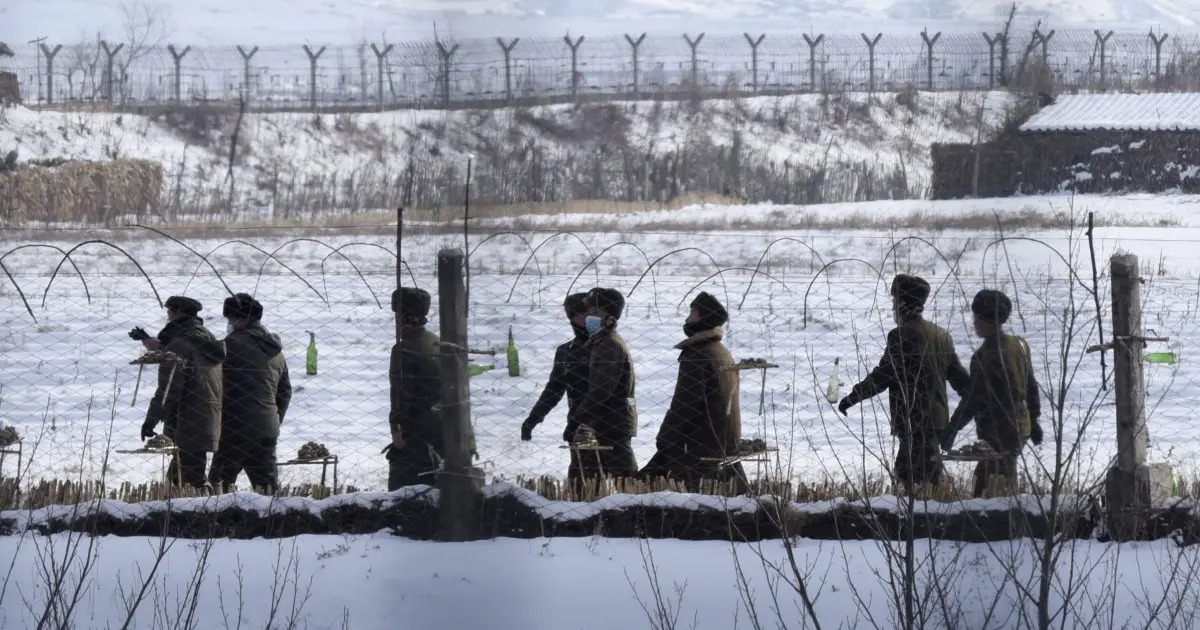A few days ago ABC Australia made international headlines by publishing smuggled footage of North Korea showing dirty children begging for food and the army starving. Unfortunately this isn’t really news. Such things, and more, have been going on for probably a decade, as per my two blog posts from a few months ago.
This weekend though, I saw a horrifying documentary about Russian prison tattoos (and the Russian prison system) that made me think there is an even worse place on earth than a N Korean concentration camp. First, here’s the doco if you want the whole shebang — the prison culture is fascinating well beyond the horrorshow:
There are so many horrifying things about the prison system that I have to categorise them all. Firstly, there are the conditions of prisons today. There has been a skyrocketing of imprisonment since the fall of the USSR thanks to social problems, a lowered standard of living and [most importantly I think] drug use and the war on drugs. In Soviet times drugs were much less available and certainly users weren’t incarcerated en masse.
All of this means several things. The court system is absolutely clogged. If you’re arrested in a major city, you might spend 4-5 years in jail just awaiting trial. (This is common in other countries too, eg. Philippines.) Cells are beyond overcrowded: a room meant for 10 often holds 30-40. It’s standing room only so inmates have to work out a round-the-clock sleeping roster to survive.

Food is abysmal. Current spend is 0.67 roubles per prisoner per day — less than in Stalin’s era and enough to buy about 300g of bread. Authorities make do by making things as liquid as possible: a tasteless watery soup with a few veggies thrown in. Health problems from malnutrition set in after a very short time: there aren’t many vitamins in bread and soup. Families can send packages to prisoners but few of the contents are likely to reach the actual recipient.
There is also an epidemic of tuberculosis. About 100,000 prisoners are infected. Antibiotics are frequently unavailable meaning that prisoners complete their course only haphazardly, with frequent interruptions. These conditions helped the evolution of an antibiotic-resistant strain of TB, which about 10,000 prisoners have. It’s considered worse than AIDS since AIDS currently has a much more effective treatment regimen. If it gets out, it could threaten the wider population too. And of course many of those prisoners do go into the wider world infected once their term is up.
But that’s not even the worst of it — to be continued next week.






0 Comments